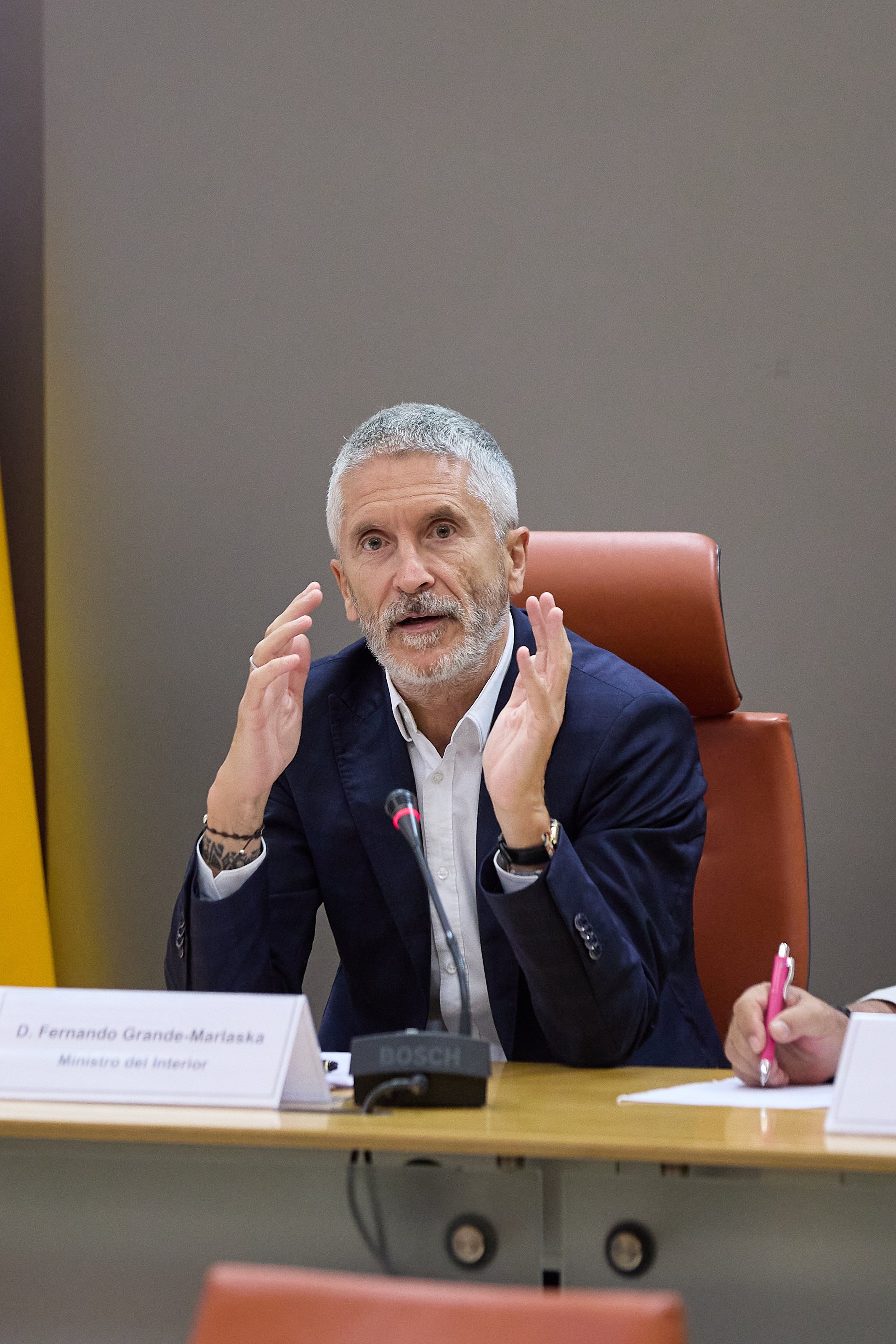PSOE and Unidas Podemos joined the PP, VOX, and Ciudadanos in preventing Fernando Grande-Marlaska, Spanish minister of the Interior, from appearing in the Congress of Deputies to explain the planting of undercover police agents in Catalan pro-independence youth groups Sindicat d'Estudiants dels Països Catalans (SEPC) and Jovent Republicà. The petition was registered by ERC, Junts, EH Bildu, PDeCAT, CUP, Compromiso and BNG following the Interior ministry's report which considered the infiltration "legitimate and appropriate" taking into account that, according to them, "serious violence has been employed and has affected both the free exercise of rights and liberties, and citizen security" in Catalonia.
The petition was blocked due to the opposition of the PP, VOX, Ciudadanos, the PSOE and Unidas Podemos. Parliamentary sources explain that Pablo Echenique, Podemos' spokesperson, voted against the petition "because it is the minister who must decide how he gives the explanations". However, the party explained to ElNacional.cat that they do not accept minister appearances "that are not at their own request, as marked by the coalition government agreement". The petition requested Marlaska to appear before the Interior ministry commission.
After Òmnium Cultural made the Interior report public, following a lawsuit filed in Spain’s National Audience court, Spanish minister Fernando Grande-Marlaska defended himself from the accusations by justifying the infiltration. Marlaska assured that police forces and State apparatus act "under strict adherence to the law" recalling that their functions "are included in the Constitution" and they "guarantee security and the free exercise of rights and liberties".
The case in court
In response to an administrative dispute filed by Òmnium, the Spanish ministry of Interior linked the recruitment of planted agents to usual practices in the fight against terrorism and considered "legitimate, suitable and appropriate" to place undercover agents in youth movements to capture information. At the beginning of August, Òmnium filed a lawsuit in Spain’s National Audience court for the police monitoring of the SEPC and Jovent Republicà pro-independence youth groups, in which it denounced the violation of fundamental rights to privacy, association and deviation of power. In fact, Xavier Antich, Òmnium's president, regretted minister Grande-Marlaska's silence. Previously, the entity had sent an administrative requirement to the Spanish ministry of the Interior giving ten days to stop the illegal practices of police agents to youth and pro-independence movements. When this period elapsed, Òmnium activated the judicial route "to unmask the Spanish state's foul play and obtain a conviction".

